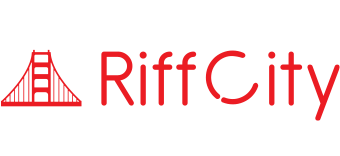Tacoma-based cloud software developer CloudPWR made headlines in 2016 after it won a five-year, $2.4 million contract with the state to create a medical cannabis patient registry platform.
Now, it’s making news again, partnering with California-based Accela, which offers cloud-based technology for a range of government and civic-business projects, such as planning and business-occupational licensing.
What attracted Accela to CloudPWR was the Tacoma company’s Airlift software, used for Washington’s medical cannabis patient registry.
CloudPWR also created the forms used for the state in applications on the retail side.
It’s not just about cannabis. Other Airlift projects have included management of public records requests.
Greg Felix, Accela vice president, told The News Tribune, “We can afford to pick the very best, and Tacoma caught our attention.”
He gave credit to the fact Washington’s cannabis industry isn’t new and that CloudPWR was skilled in adhering to patient privacy and compliance.
“It’s stunning how few issues they’ve had despite the heavy volume the system is handling,” he said.
As of April 25, the state Department of Health listed a total of 39,331 patient recognition cards created, representing initial cards and cards that were replaced, renewed, corrected or revoked.
Being listed in the medical registry allows a patient to buy up to three times the non-medical limit at any licensed and medically endorsed store and allows payment without the additional sales and use tax, among other benefits.
Shadrach White, CEO of CloudPWR, said his company is ready to work “side by side” with Accela.
“States have had first generation solutions, and some haven’t been as successful. It’s very important that patient data and patient privacy is not intermingled with recreational information, and some competitors have taken a different approach, so we’re seeing significant interest from states looking to replace their first generation solutions with Airlift,” White said.
Both executives also noted that changing times lead to different requirements from their systems and being cloud-based allowed them to offer quick changes at low costs.
One example offered was how to adapt a system for a municipality to give some applicants additional consideration in dispensary applications, such as in Los Angeles in its social equity work in distributing licenses. More areas have taken this on as part of their state legalization efforts to broaden the scope of applicants.
“Social equity requires elements built into licensing,” Felix said. “We can express that into our software so now all of our other users can choose to deploy that component.”
Accela predicts its business model can bring something not just to states dealing with emerging cannabis markets and their evolving platforms but the CBD industry as well, among other markets.
“Our solutions can be applied to the hemp industry, too,” Felix noted. “We are talking to six different states in the South now about it.”

